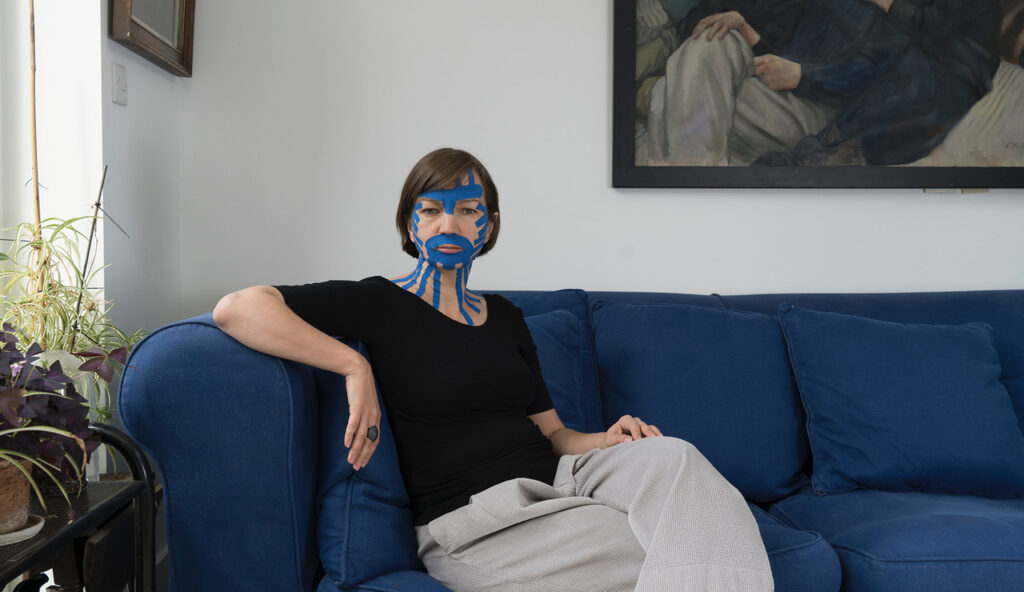ECADC introduces new residency program in collaboration with Baltic

Maria Kapajeva ‘Or Other’ (2020)
The Estonian Contemporary Art Development Center (ECADC) is pleased to announce a new residency partnership in collaboration with Baltic Centre for Contemporary Art. Located in a former flour mill in northeast England, Baltic aims to create greater understanding of the world through outstanding experimental and inspiring contemporary art which has power, relevance, and meaning for individuals and communities.
Baltic|States is a residency program for emerging artists from the Baltic region. The program was created to build networks between the artistic communities and art professionals of northeast England and the Baltics. Baltic|States was first launched in 2019 with Lithuanian collaboration. Estonian and Latvian partners are joining the program in 2023-2025. Baltic has invited Maria Kapajeva as the first artist-in-residence from Estonia to spend the month of July at Baltic. ECADC and Baltic will partner with Narva Art Residency (NART) in 2024 to host an artist from northeast England in Narva for a month-long residency in exchange. There will be an open call for the NART residency this autumn.
The residencies provide opportunities for participants to meet local curators and arts professionals and visit arts spaces in the region. They are invited to share their research and experiences through hosting an open studio event, screening, artist’s talk, performance or workshop. Participants are invited to respond to the current shifting geopolitical landscape in Europe and develop work which explores identity, citizenship, and belonging.
Maria Kapajeva (b. 1976) is an Estonian artist who works with video, photography, textile, and installations. Her work is focused on women’s position in contemporary society, questioning how identities are formed via subconscious effects of advertising, movies, and popular media. Born in the Soviet Union, raised in an independent Estonia and educated in the UK, Maria Kapajeva has found herself in an involuntary position of ‘the other’, a position she has embraced and employs as a datum in her artistic practice which leads her to explore a diverse spectrum of cultural identity and gender issues within historical and contemporary contexts.
The program is supported by the Estonian Ministry of Culture and the Embassy of Estonia in London.

